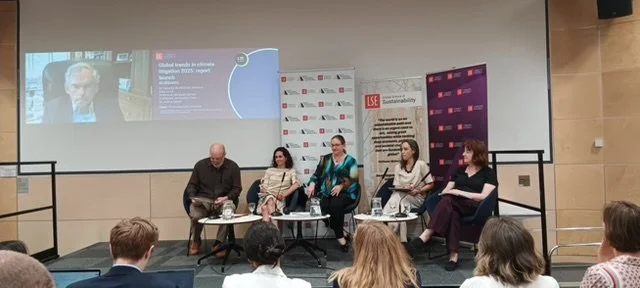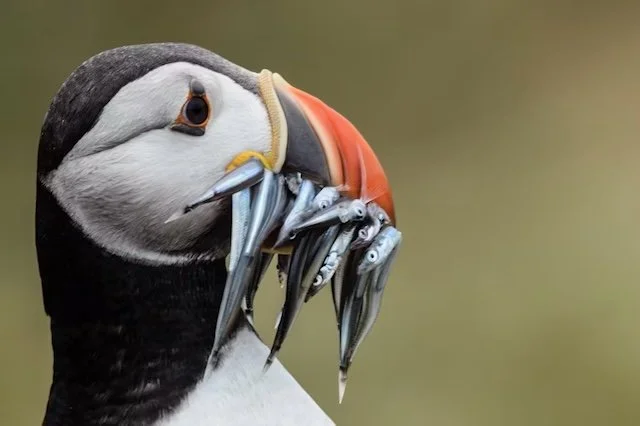In a clear case of politics being seen to trump the concerns of business, the UK government has announced on 7 March 2020 that it will withdraw from the European Aviation Safety Agency ‘EASA’ after the end of the transition period and 31 December 2020.
ENVIRONMENT BILL
ALOK SHARMA MP, BUSINESS SECRETARY AND PRESIDENT OF COP 26
AGRICULTURE BILL
The re-introduced Agriculture Bill for the 2020 session of Parliament aims to enable the UK, or specifically England, on withdrawal from the Common Agricultural Policy on Brexit, to enact its own system of direct payments, replacing EU subsidies with payments of “public money for public goods”: such as environmental or animal welfare improvements.
FISHERIES BILL
The Fisheries Bill re-introduced to Parliament in 2020 aims to enable the UK to take powers to operate as an independent coastal state after Brexit; to withdraw from the Common Fisheries Policy, and to control access, by licensing external vessels, to UK fisheries within the UK’s 200 mile Exclusive Economic Zone.
COP 26 AND EDUCATIONAL OUTREACH
ENVIRONMENTAL STANDARDS AFTER BREXIT?
CLIMATE CHANGE LEGISLATION WORKSHOPS: FAR EAST
UK CHEMICALS STAKEHOLDER FORUM
WYESIDE CONSULTING REPORTS
POLICY FORUM FOR WALES KEYNOTE SEMINAR – ENERGY POLICY IN WALES
NET ZERO, AND COP 26
WATER FRAMEWORK DIRECTIVE CHEMICAL STANDARDS AT RISK FROM ENVIRONMENT BILL
The CEO of Wildlife and Countryside Link, Dr Richard Benwell (until recently Special Adviser to Defra Secretary of State Michael Gove, and currently Liberal Democrat candidate for Wantage), has warned that the Environment Bill contains discretionary powers for the Secretary of State to vary, water down or even remove long established chemical standards for controlled waters set by the Water Framework Directive.





